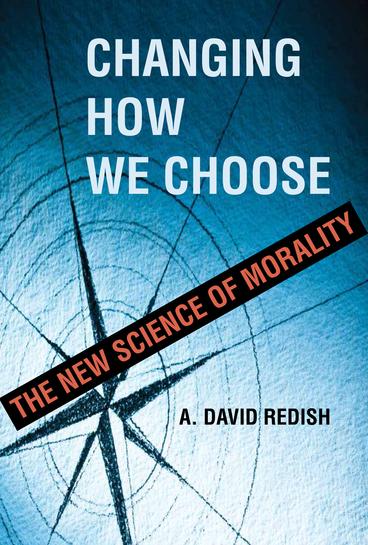About the lab
Exploring the information processing that underlies decision-making, with the goals of (1) furthering our understanding of how multiple decision-making (learning and memory) systems interact to produce behavior, and then (2) applying the theories that arise from the neurophysiology and computational modeling to explain dysfunctional and broken behavioral-control systems.
Link to the RedishLab Faculty Advising Statement.
Changing how we choose: The new science of morality.

A new book on the “new science of morality” that will change how we see each other, how we build our communities, and how we live our lives.
Drawing on new insights from behavioral economics, sociology, and neuroscience, I argue that moral codes are technologies, that there really is a “new science of morality”, and that this new science has implications—both for how we understand ourselves and how we understand and design the societies we live in.
A. D. Redish (2022) Changing How We Choose: The New Science of Morality.
Now available from MIT Press. (Or from Penguin/Random House, Amazon, Barnes and Noble, and elsewhere.)